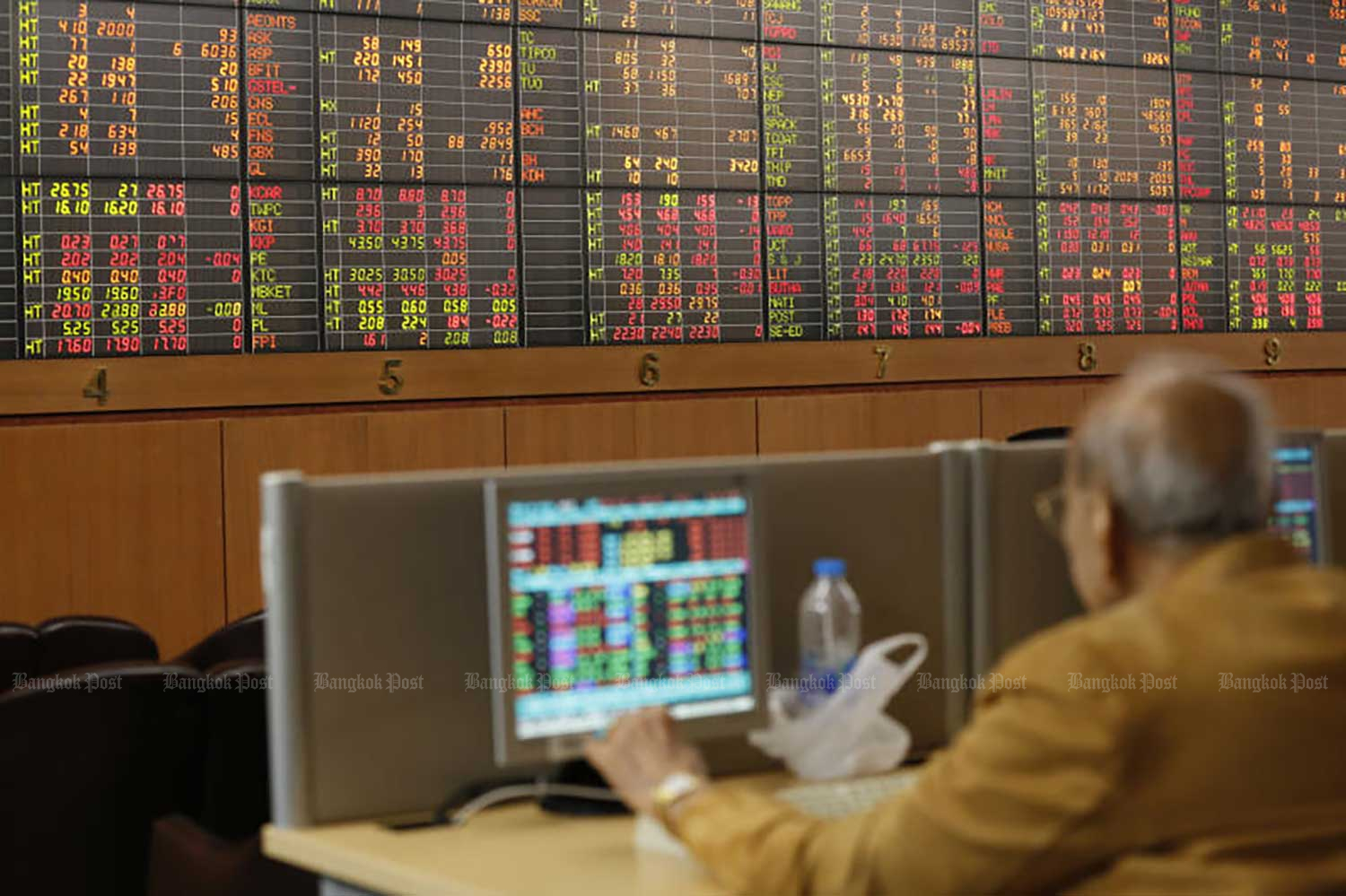
The global economic and investment picture this month is strikingly different from last month. In our article last month "Global and Thai economy in a no-landing scenario", we warned about rising risks, even as others predicted a "no landing" situation, or an economy that can continue without slowing down or falling into recession.
In March, signs of the negative effects of the sharp upturn in interest rates became clearer. The financial market was highly volatile as worries grew about liquidity in the banking system. Consumer confidence has deteriorated, along with leading economic indicators and lending trends.
It began when US regulators shut down Silicon Valley Bank (SVB) and Signature Bank, with depositors initially refunded the equivalent of $250,000 maximum per account. But recognising the risk that the crisis could spread, authorities including the Federal Reserve, Treasury Department and Federal Deposit Insurance Corp quickly announced 100% protection for deposits at the two banks.
In addition, the US government has established a bank term funding program, a tool to lend unlimited amounts to banks for one year using bonds as collateral.
Despite the announcements, banking stocks, especially regional banks, dropped sharply. Even after big banks led by JPMorgan Chase raised $30 billion in deposits to add liquidity, investors remained uneasy. Deposits continued to flow out of some regional banks such as First Republic and Pac West.
SWISS UNEASE
In Europe, Credit Suisse sought assistance from the Swiss National Bank due to a lack of liquidity after customers withdrew more than 110 billion Swiss francs. Initially the central bank refused.
The price of Credit Suisse shares subsequently plunged 30%, causing the central bank to have a change of heart and contribute more than 50 billion francs in emergency funding.
But the crisis was far from over, and the Swiss government brokered a "shotgun wedding" between UBS, the largest commercial bank in Switzerland, and its second-ranked rival.
Credit Suisse was effectively sold for about half its market value. In addition, bondholders counted as Additional Tier 1 capital saw some 16 billion Swiss francs wiped out.
These developments show that there is a crisis of confidence in the current financial system, with measures taken by US and Swiss authorities merely Band-Aid solutions. US authorities may have been able to stop a bank run, but they cannot stop the crisis of confidence.
A "silent" bank run, featuring gradually rising withdrawals over time, will keep happening at regional banks such as First Republic and Pac West.
We believe that while each banking crisis is unique, they represent a systemic problem arising from an inverted yield curve situation, where yields on short-term bonds are higher than on long-term bonds. This has caused the costs of financial institutions (interest on deposits, based on short-term government bond yields) to increase much faster than their interest income on their investment portfolios and loans.
One solution would be for the central bank to reduce interest rates to normalise the bond yield curve. But monetary policy could turn out to be a risk going forward, which may affect liquidity in the banking sector that may spread to the wider financial market.
This week, major central banks including the Fed, the European Central Bank and the Bank of England continued to tighten their monetary policy to curb inflation.
In the US, the current policy interest rate of 4.8% is higher than the 10-year interest rate of 3.5%, indicating a more steeply inverted yield curve.
On the other hand, measures to maintain financial stability could produce even more risks after US Treasury Secretary Janet Yellen told the Senate that the government had not announced a 100% deposit guarantee at all banks. This appeared to contradict previous signals that the government was considering increasing guarantee levels.
As a result, small and medium banks are still seen as being at high risk of continuous deposit outflows.
An inverted yield curve and a silent bank run, together with unclear government policies, will affect confidence and may lead to even tighter liquidity in the future.
CONFIDENCE FALLING
We are concerned that going forward, interest rate risk will lead to liquidity problems. It will be a major event that drags down confidence and pushes the economy into recession. In the US, the influential University of Michigan consumer sentiment index for March fell by the most since June 2022, while the Conference Board's Leading Economic Indicators contracted for the 12th consecutive month, indicating a greater recession risk in the US.
Financial institution liquidity problems represent a new risk. This could depress bank lending, leading to less willingness by businesses to hire and households to spend. Bank loan growth in the US had been slowing since November, although it remained relatively strong before SVB was closed. It was up 10.8% from a year earlier in March, but is starting to show signs of slowing down, as deposits have been shrinking for several months. This makes it possible that credit will soon enter a contraction.
This leads us to believe that going forward, central banks, especially the Fed, will not be able to hold interest rates at current levels.
We believe the Fed will have to cut interest rates this year. Here at InnovestX, we expect the Fed funds rate to be lowered in November as the economy slows, with negative employment possible. But it's even more likely that the economy could deteriorate faster than we expected, forcing the Fed to cut interest rates earlier, likely in the third quarter.
Finally, as the picture emerges of an economy preoccupied by a financial institution crisis, signals from the bond market indicate that interest rates will be cut soon. However, in our view this will open a new round of investment opportunities for those who have a sharp eye.
Good luck to all investors.
Dr Piyasak Manason heads the Wealth Research Department at InnovestX Securities Co Ltd
